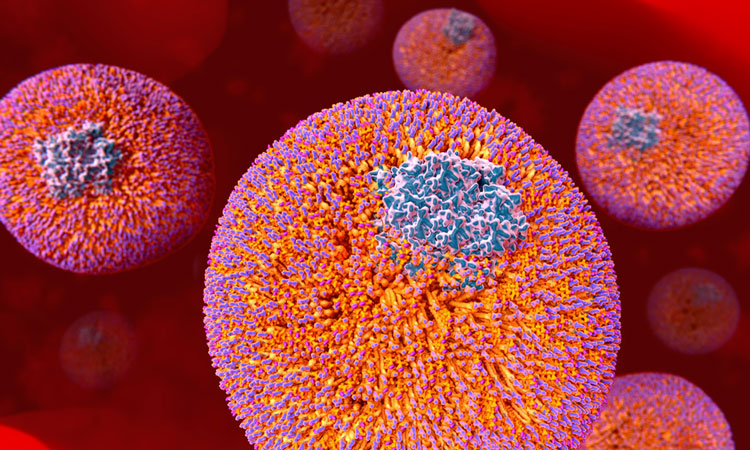A recent study publicized in the journal Science determined that the potentially harmful effects of consumption of a high-fat diet may be combated by lowering levels of apolipoprotein CIII.
Researchers at Karolinska Institutet studied rodents from 8 weeks of age, feeding them a high-fat diet and a normal diet to a control group of the same age range.
“One of the groups on a high-fat diet received so-called antisense (ASO) treatment after 10 weeks on the diet to decrease apoCIII levels, and the other group had already been treated with ASO from the start thereby preventing an increase in apoCIII,” a news release of the study states.
According to researchers, higher levels of apolipoprotein CIII have shown to be associated with severe health conditions, such as type 2 diabetes and cardiovascular diseases.
After a span of 10 weeks, the rodents in the group with the high-fat diet had developed severe conditions, such as obesity and insulin resistance. Following treatment with ASO, however, their condition normalized, with glucose metabolism restoring to pre-condition levels.
“In the group that was treated with ASO directly from start, the development of metabolic derangements was prevented, and the animals had the same body composition and metabolism as the control mice on a normal diet,” researchers wrote in their news release.
“The mechanisms underlying the effects of the apoCIII-lowering treatment involve increased lipase enzyme activity and receptor-mediated uptake of lipids to the liver. Fatty acids were transferred by fatty acid oxidation to the biochemical process in the liver called the ketogenic pathway and then converted to ketones that were used for heat production in brown adipose tissue.”
Given the findings, the research group was able to show that lower apolipoprotein CIII levels, in spite of a high-fat diet, could combat the potentially harmful effects of fat-induced metabolic derangements through increased insulin sensitivity.
“Lowering apoCIII protects against and reverses the HFD-induced metabolic phenotype by promoting physiological insulin sensitivity,” researchers concluded in their journal report.


